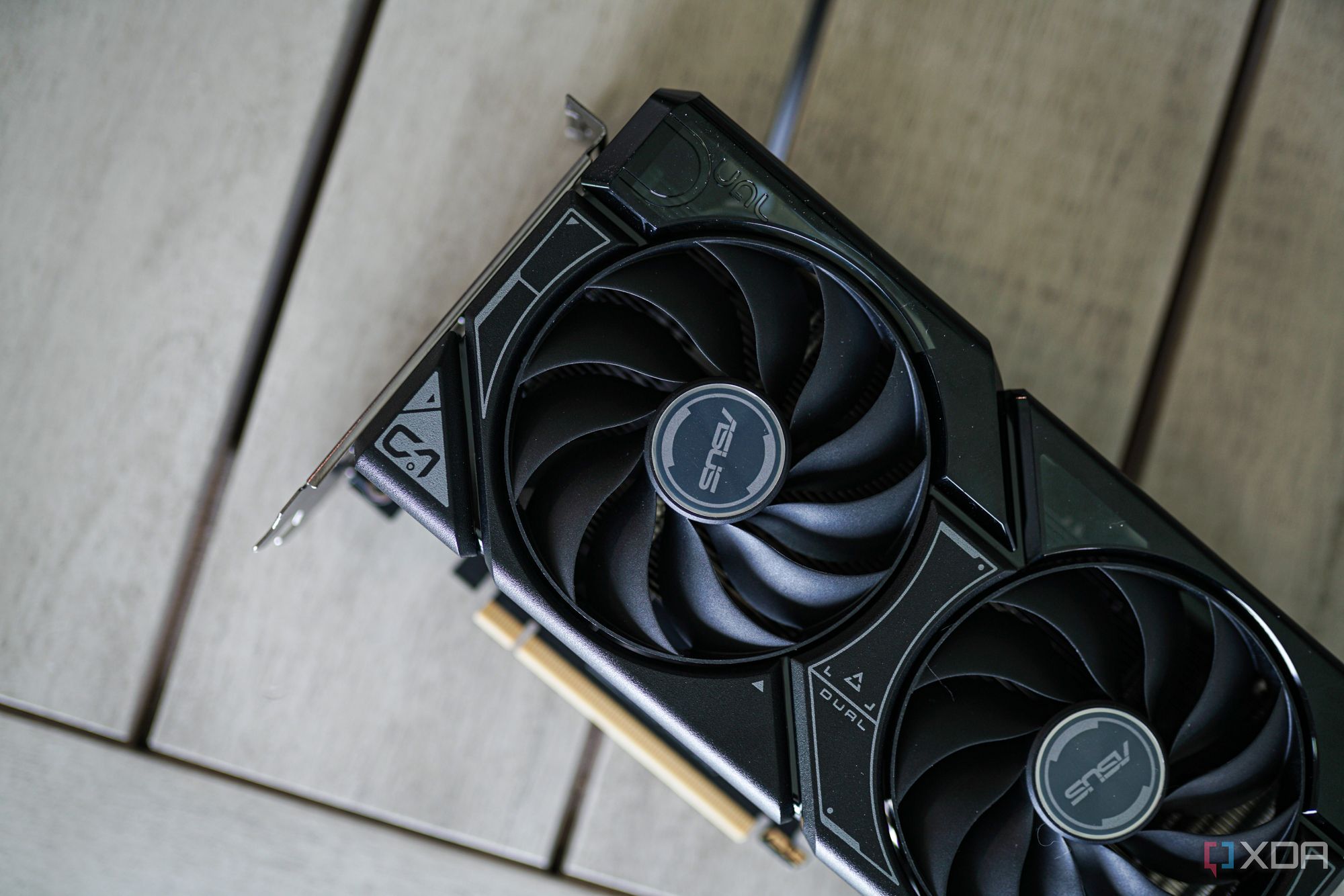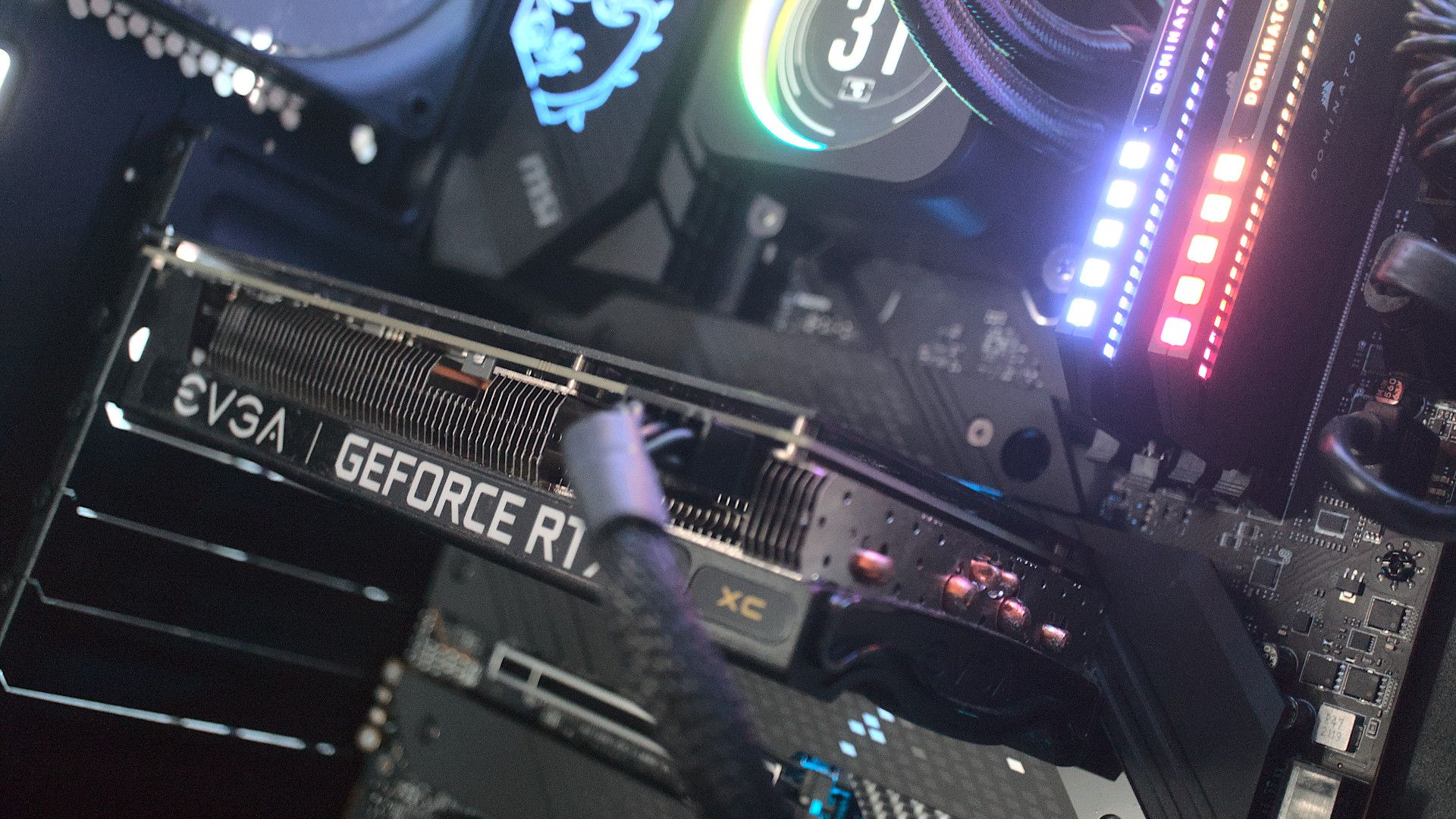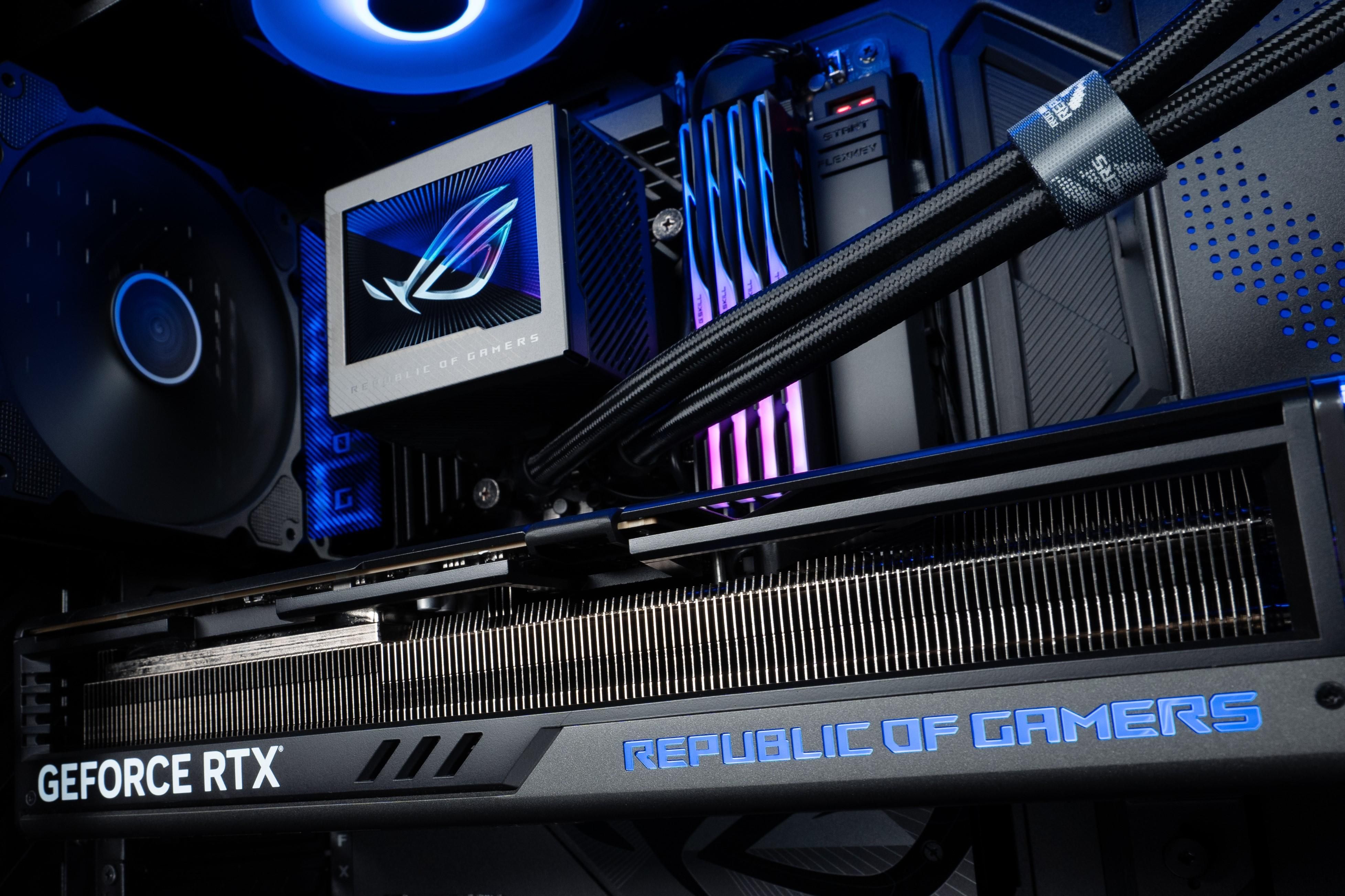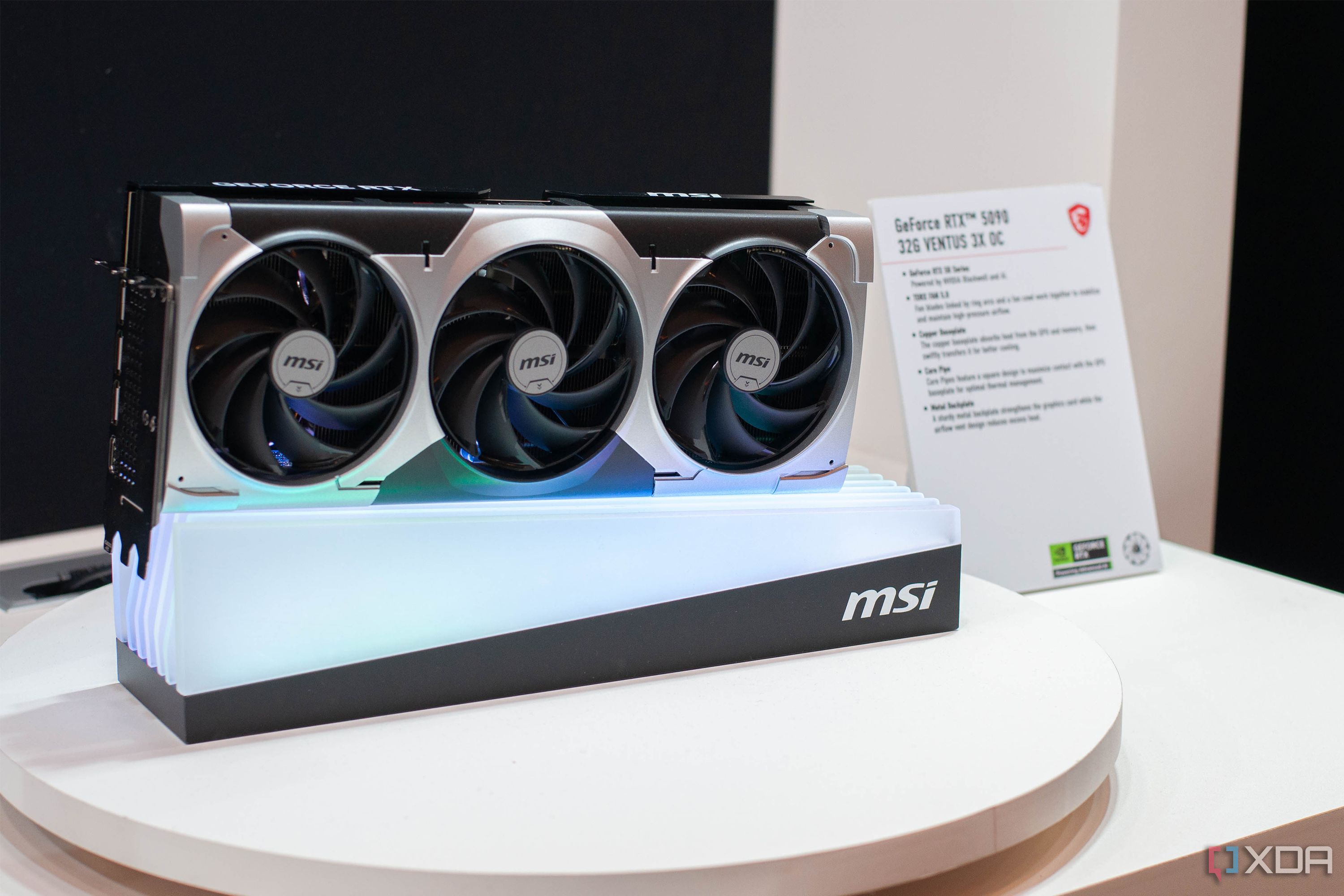Which GPU specs should you use to measure performance? This question becomes moot since benchmarks should be your north star when evaluating multiple GPUs. That said, VRAM has been a major point of discussion lately, hence it's important to highlight why it isn't a make-or-break GPU specification, and why there's a better spec that we should be focusing on. I've decided to use memory bandwidth as one of the most important parameters to determine GPU performance, for both gaming and non-gaming workloads.

Related
4 myths about VRAM you shouldn’t believe
The VRAM conversation is more nuanced than you think.
VRAM is important, but it's not everything
It can't do much on its own
The awareness about the importance of VRAM is perhaps higher than it has ever been, thanks to the outcry against GPU manufacturers stuck on 8GB of VRAM in 2025. Most consumers know that insufficient VRAM often equates to poor performance, but not many realize that having ample VRAM will not solve every problem. A GPU that is simply too weak will not magically perform better simply because it has a 12GB framebuffer.
GPUs that don't have the raw power to saturate the onboard VRAM won't be helped by adding more of it. This is why the RTX 4060 Ti with 16GB of VRAM is still slower than the RTX 3070 with 8GB of VRAM. Sure, the latter becomes VRAM-limited in many scenarios, but double the amount of VRAM on the RTX 4060 Ti doesn't overcome its other limitations. The GPU die, CUDA cores, clock speeds, and, of course, memory bandwidth, determine the performance of a graphics card.

Related
5 ways more VRAM doesn't always mean more FPS
Extra VRAM isn't a magical solution for more FPS
Memory bandwidth is a better indicator of GPU performance
It takes into account more variables
In a nutshell, the memory bandwidth of a graphics card refers to the data throughput between the memory (VRAM) and the GPU core. A lot of factors together determine a GPU's memory bandwidth, such as the speed of the underlying memory type (GDDR6 or GDDR7), memory clock speed, and bus width. You can calculate the memory bandwidth of a GPU if you know its effective memory speed (in Gbps) and bus width. The effective memory speed takes into account the type of memory and the memory clock speed.
So, all you need to calculate the memory bandwidth of, say, the RTX 5090 is to multiply its effective memory speed (28 Gbps) by its memory bus (512-bit), and then divide by 8 to convert the bits into bytes. And you get a total memory bandwidth of 1,792 GB/s or 1.79 TB/s. This number is a much more comprehensive way of looking at a GPU's memory performance than just the VRAM capacity.
Of course, the core clock, number of CUDA cores, and all the other specs are part of the overall performance equation, but when you're speaking about the GPU memory alone, bandwidth should get a lot more focus than it does. High memory bandwidth makes a GPU breeze through high-resolution textures and ray tracing workloads, since more data needs to flow from the memory to the GPU. Memory bandwidth alone won't make an older-generation GPU stronger than a high-end current-gen model, but it's a critical spec, nonetheless.
It's not just gaming that needs high memory bandwidth
Learning machine learning, anyone?
Gaming gets a lot of attention when it comes to GPU performance, but that's not the only thing GPUs can do, is it? High memory bandwidth is critical for AI and machine learning workloads, especially if you're working with deep learning models that hinge on a huge volume of data being stored in memory. Gamers can find countless benchmarks and reviews, but those wanting to run AI/ML workloads might not get a similar degree of information online.
In this case, memory bandwidth becomes a decent yardstick for estimating a modern GPU's suitability for intensive machine learning workloads. I say "modern" because you still need to limit your consideration set to recent offerings. Older high-end models with higher memory bandwidth than, say, current-gen, mid-range models won't be faster; you need comparable GPUs for memory bandwidth to make a significant difference.
Don't let memory capacity overshadow memory bandwidth
I know VRAM is a hot topic right now, and people want to avoid 8GB VRAM GPUs more than anything else. Amid all this, don't let yourself be distracted from other important GPU specs, one of which is memory bandwidth. It's one of the most crucial indicators of GPU performance, and helps you evaluate potential GPUs before purchase. Of course, you need to compare GPUs from the same generation or at least successive generations to make a fair comparison.
.png)













 English (US) ·
English (US) ·